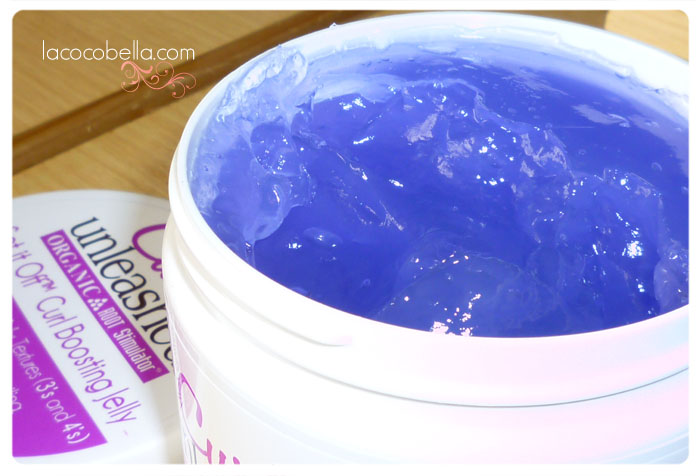Bantu/Zulu Knots
Bantu knots are another protective style created to give your tresses a much needed rest. A simple use of twisting and twirling will enable you to enhance your individuality and style.What are Bantu Knots?
Bantu knots are also known as Zulu knots. They are created when the hair is sectioned off and twisted into knots. The shapes of the sections depend on how the hair is parted, and can easily be made into diamond, triangle or square shapes, and the possibilities are endless.
This hairstyle can be worn on any hair type and any hair length, although it is popular amongst people of African descent, thus the term Zulu Knots. For modern natural Divas, Bantu Knots are a way to wear the hair so it is protected form the elements and close to the scalps beneficial oils.
How to do Bantu/Zulu Knots?
Detangle your hair in preparation for the Bantu Knots. Hair will need to be detangled
and smooth in order to get the best results.
2. Preparation for Bantu/Zulu Knot
Working with one section at a time,smooth your hair and twist it. Spritz water from a spray bottle on each section as you go, or use gel or hair oil for shine. Twist the hair firmly.
3. Twist Hair Into Knot
Take the twist and wrap it around itself in a circular fashion to form what looks like a knot. As you do so, you will see that the hair will coax itself into a circular or spiral formation.
4. Secure your Hair
Tuck the end of the twisted strand under itself. At this point, you can use cloth, rubber band or hair pin to secure your Bantu knot. If you use hair pins to secure your Bantu Knots, just remember that sometimes the pin will shift as style gets older and may tend to "pinch" the scalp and cause much discomfort. It's Natural suggests: Do not use a tie that is too tight because it could break your hair, and choose something that is not too noticeable or can be hidden under the hair. Try using hair-ties made out of pantyhose for comfortable wraps that can usually be hidden underneath hair.
5. Part Hair in Desired Sections
Bantu/Zulu Knots Styling
How large or how small you part your sections is strictly limited to your parting and sectioning skills of yourself and/or your stylist. Shapes and parts can be as small as a 1 x 1 section to 3 x 3 sections.
Flat twists, ponytails, and smooth sections can also be incorporated into your style. Your creativity sets your limits.
Twist-Outs
This is an important step in defining how your twist out results will ultimately be. Larger knots will become large, voluminous curls and waves. Smaller Bantu Knots will result in tighter and coily spirals.Therefore, for twist outs, the general rule is: if you want more volume, twist hair in larger sections. If you want a curlierer twist-out, you should twist in smaller sections.
As a side note, some naturals will two-strand their hair before twisting their tresses in a Bantu Knot. This gives the hair a more "textured-wavy" look. My suggestion is to first try the "smooth" method first and graduate up to the two and even three-strand Bantu Knot look.
Styling Options
Finally, Bantu or Zulu Knots can be worn for as long as a week or two. They are considered a protective hairstyle that allows your tresses a time of rest and non-manipulation. However, many naturals have "untwisted" this iconic African hairstyle and it is now known as the infamous "twist out!"
After hair has been twisted and knotted, hair is allowed to dried over night or sometimes over a few days and then untwisted for a cascade of beautiful wavy and curly tresses.
This style can be worn on either relaxed or natural tresses with great results for both hair textures, short or long hair!
It can be done on either dry, wet or damp hair.
Happy Bantu/Zulu Knotting! -- Rocking With Style and Grace!














